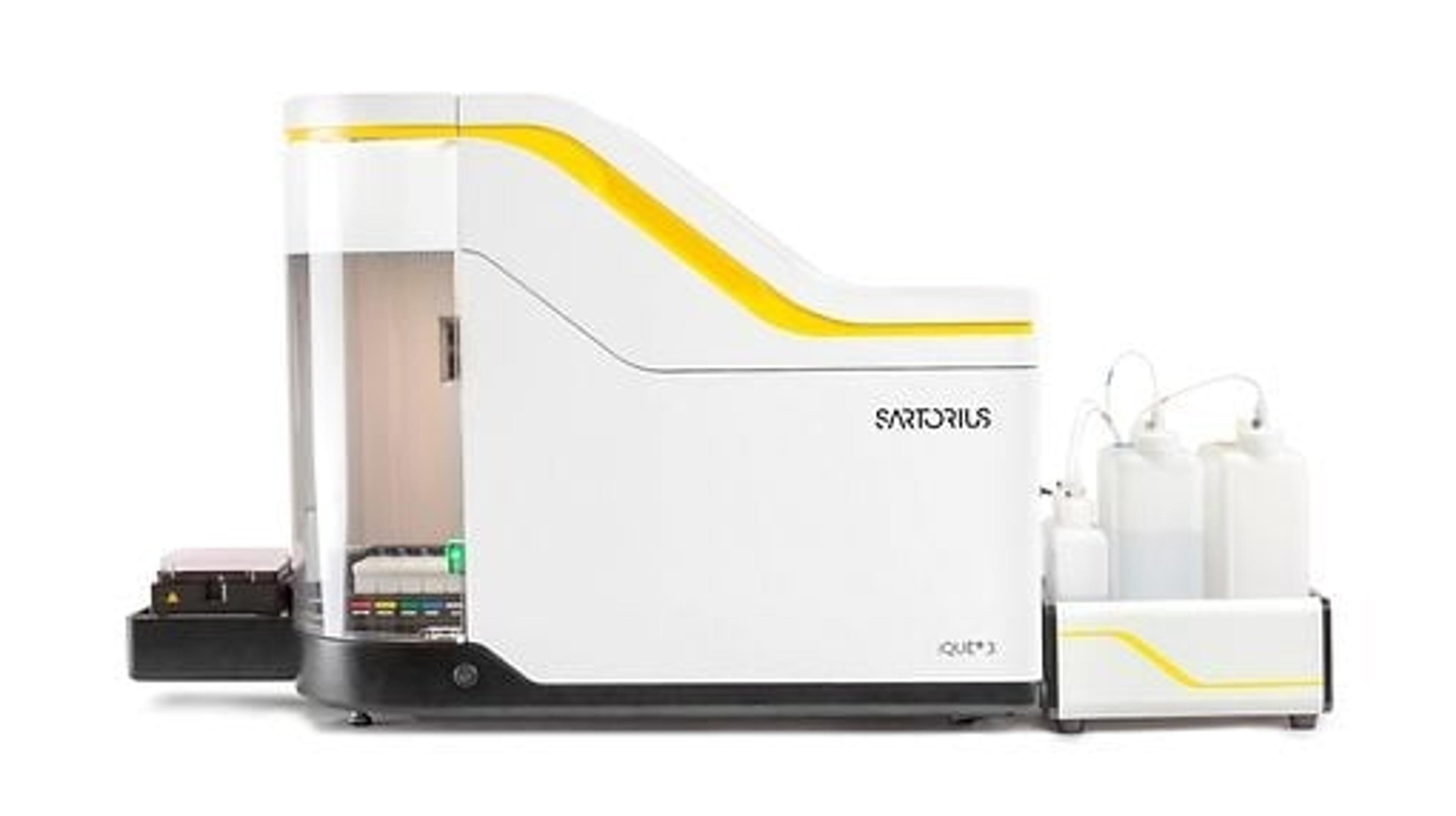White Paper: Advanced flow cytometry – Rapid analysis for complex cell-based models
Download this white paper from Sartorius to find out how advanced flow cytometry addresses the challenges and demands of modern drug discovery pipelines
30 Apr 2020There has been a dramatic rise in the use of cell-based assays for drug discovery over the past decade, as researchers look to bridge the gap between the results observed in classical biochemical assays and clinical studies. With growing recognition that pre-clinical animal models often provide incomplete or erroneous results—potentially leading to costly late-stage failures for new drug candidates—cell-based assays that more accurately predict the in vivo activity of new therapeutic agents offer a practical alternative.
Additionally, advances in the understanding of cell biology and the shift from universally applicable small molecule drugs towards precision medicine approaches and biotherapeutics have resulted in a move towards the use of cell-based assays far earlier in the drug discovery workflow.
This can create a significant challenge for R&D labs, as traditional cell-based approaches do not tend to be designed to handle the far larger sample sets and high-throughput screening assays commonly required for early stage candidate identification. Labs therefore need to find new ways of working, adopting novel methods and technologies to deal with the demands of modern drug discovery pipelines.
A white paper released by Sartorius shows how advanced flow cytometry with the iQue3 platform provides a rapid, high-throughput solution for cell-based screening assays. The system’s broad dynamic range and multiplexing capabilities help to collapse the screening workflow, while the small sample volumes required for analysis help to minimize consumption of precious samples. The examples discussed in the white paper demonstrate the power of advanced flow cytometry for drug discovery, but this technology is equally relevant to a wide range of other techniques—such as T cell bioengineering with CRISPR/Cas9—offering a rapid, robust, and convenient solution for characterization of cellular responses.

